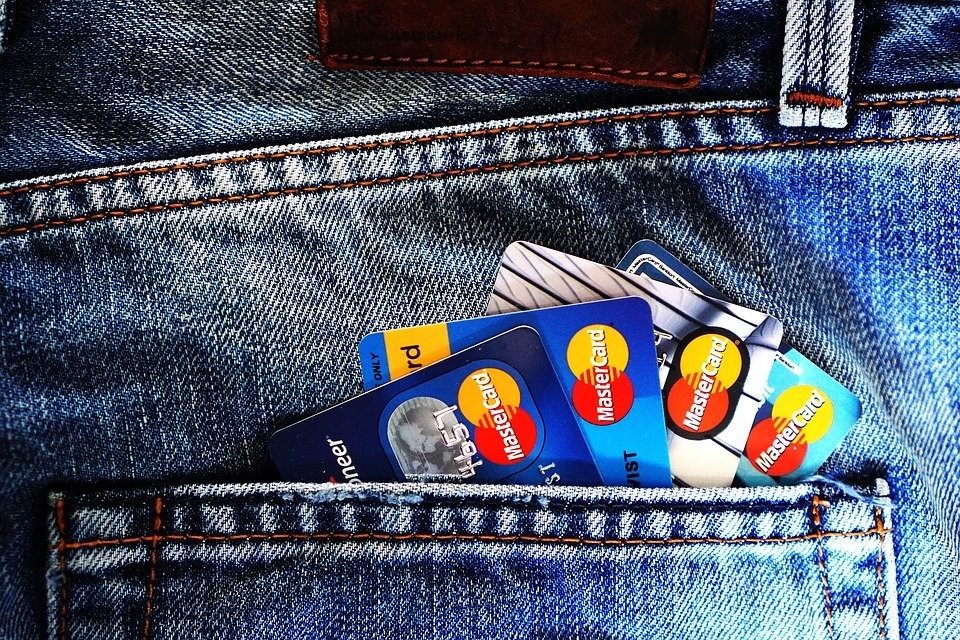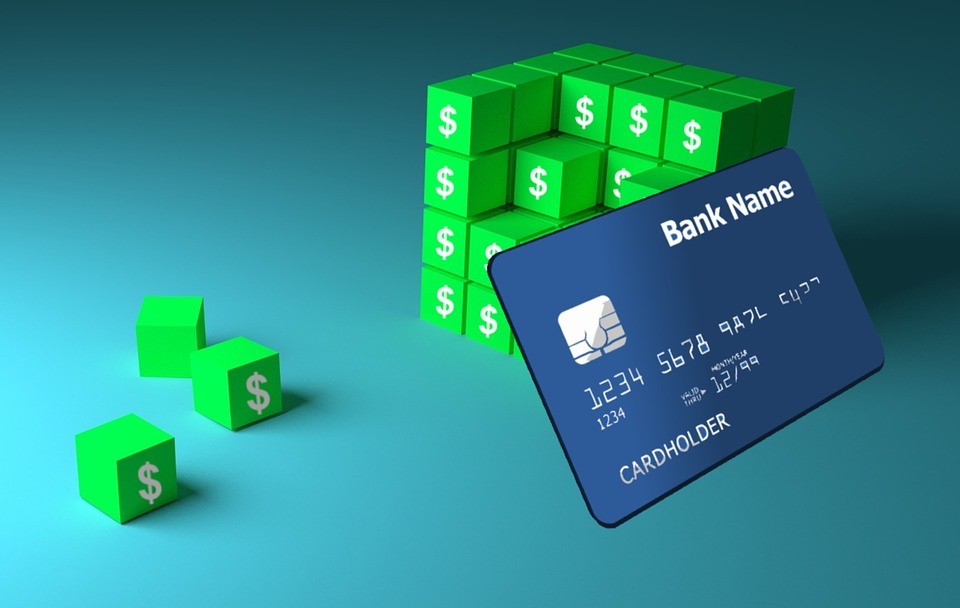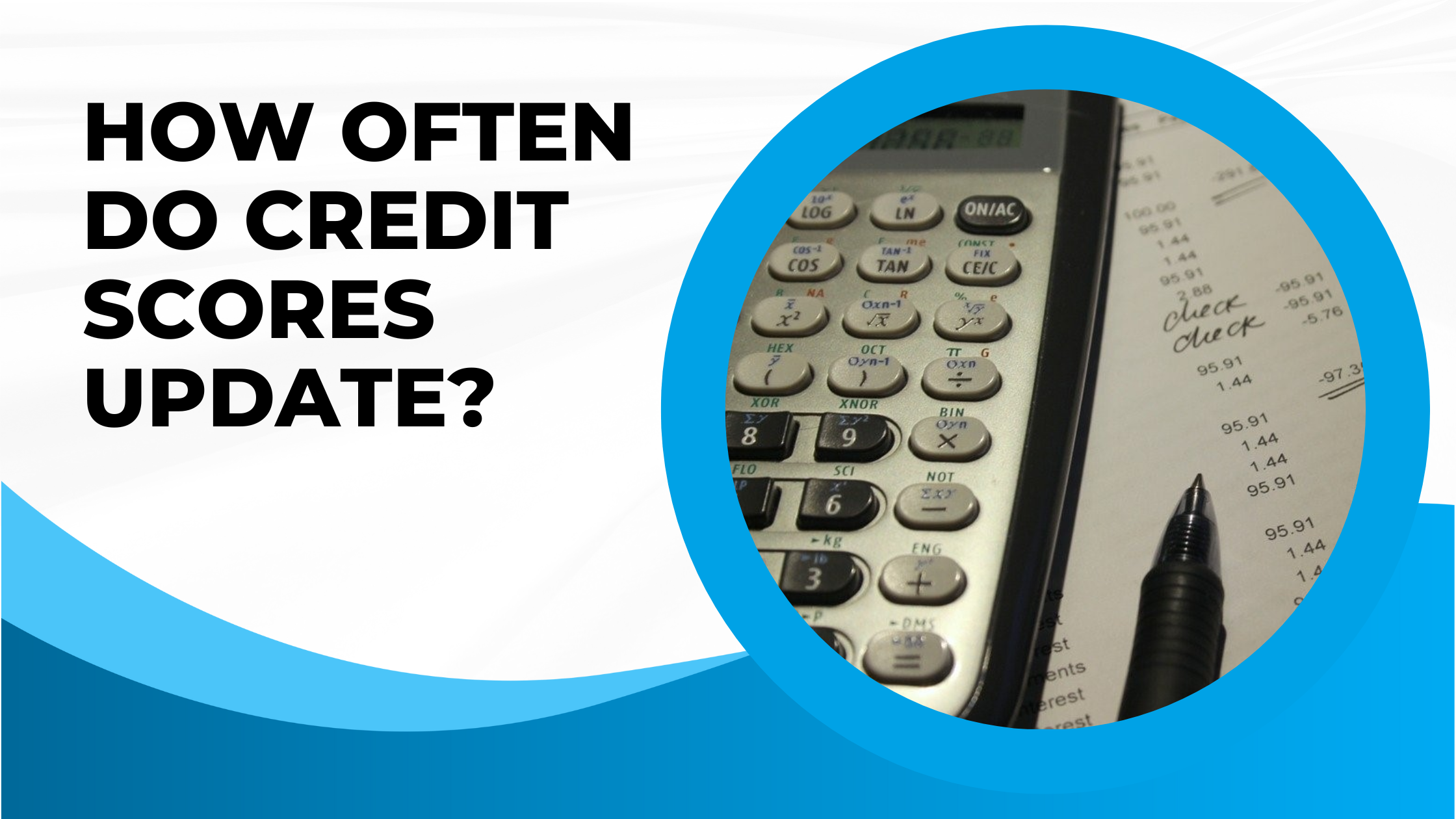If you check your credit score today and then check it again a week later, there’s a good chance that those numbers won’t match.
Have you ever wondered what happens between each credit inquiry?
Why does your credit score change so frequently, and how often do credit scores update?
Here’s everything you need to know about why your credit score keeps changing according to the three main credit bureaus.
Table of Contents
ToggleWhy Does Your Credit Score Change?
Before we go into when and how often your credit score changes, let’s take a closer look at why it changes. These reasons could be some of the most important aspects of managing and maintaining a good credit rating.
The three main national credit bureaus, Transunion, Experian, and Equifax, calculate your credit score by conducting a highly complex statistical analysis.
They base these calculations on data from your credit report submitted by various entities, including your lenders and credit reporting agency.
Your credit report is frequently updated to reflect any new data or information concerning your credit usage. This information typically includes:
- All payments you have made toward any debt you hold (this information also includes whether you made those payments in time)
- Any changes to your credit card balance
- Any new loan or credit applications you have made, or any new credit account opened
- Your total outstanding debt (including credit card debt)
Each major credit bureau receives this data from different organizations, such as credit card issuers, financial lenders, and any other party with whom you might hold a financial agreement.
How Often Do Credit Score Ratings Update?
Your credit information is typically updated once every month when most lenders send in their reports.
This might sound odd since you can get a different credit score should you check more than once within the same month.
Also, you have probably noticed that whenever you use your credit card to pay for anything, that expenditure is more often than not posted on your checking account almost instantly.
So why the lag time?
The main issue is credit transactions.
Whenever you make a purchase (charging your credit card), make a payment toward your debt, or unfortunately miss a payment, that information takes about a month (30 days) to be transmitted from your creditor’s books to any one of the main credit bureaus such as TransUnion.
The main reason for variances is that lenders aren’t legally required to report or share their data with any of the three major credit bureaus.
They do so out of their self-interest.
They want to know how you have treated other lenders in the past and whether or not they should trust you with their money.
As such, you’ll find no standard credit reporting protocol. For example:
- One lender might submit data to only one credit bureau
- Another lender might submit to all three credit bureaus
- Some don’t submit at all
Since lenders don’t follow a standard credit reporting protocol, and you will often find no uniformity regarding when these reports are filed.
In some cases, lenders could report daily, others may report once every month, and many still report whenever they want to, which could be once every few months.
However, the one certainty is that late payments are almost always reported to the credit rating authorities.
If you miss a credit card payment or make a late payment, your credit card company will report that data at the end of your billing cycle.
That’s why late payments are such a big issue in having a good credit score.

Here are some creditors that typically send in reports to the CRAs every month:
- Department stores
- Credit unions
- Banks
- Finance institutions that issue a credit card, a mortgage, an auto loan, and student loans
- Oil and gas corporations
- Other credit card issuers that aren’t banks, such as Diners Club, American Express, and Discover
- Creditors that typically receive payments in monthly installments
When Do CRAs Update Your Credit Report?
Whenever one of the three main credit rating authorities receives any credit report data appertaining to your account, they are obligated to update that information as soon as possible, which would mean that your credit report should ideally be updated on a daily or at least a monthly basis.
However, since some lenders take months to send in the necessary data, your credit report might not be updated for months based on who you owe.
What Can You Do?
While this process is designed to be borderline automated or, at the very least, free of interference from you, the customer, this isn’t always the case.
It’s not unheard of for people to check their credit score only to find a much lower rating than anticipated.
If you feel that your credit rating or score isn’t correct, it’s up to you to manually check the report. If it turns out that there’s a debt you have cleared or a payment that just isn’t reflecting or showing on the report, you need to manually check the processes involved.
This often means:
- Contacting the creditor to find out if they have updated your new payment status with any of the CRAs
- If they have, contact the credit rating authority they report to and ensure that this information is reflected on your report
- If they haven’t, ask them to report your new status to one of the CRAs and tell you which one so you can call to confirm
Which Creditors Should You Look Out for?
While this erratic reporting by most creditors is problematic at best, there is a far worse and more sinister threat to your credit score than infrequent reporting.
There are some lenders that only ever send in a report to the CRAs when your account is either past due, when it has been written off, or when it has been turned over to collection agencies for recovery.
These companies include:
- Local retailers
- Utility companies
- Insurance companies
- Landlords
- Property managers
- Hospitals or private doctors
- Magazines and newspapers
- Lawyers
- Other professionals
Unfortunately, this kind of reporting damages your credit score and can interfere with establishing new credit.
The major CRAs are slowly making changes and getting many of these companies to send regular reports.
For example, there’s a program by Experian called Experian Boost, which calculates your credit score based on data that the company collects for utility companies and cellphone providers.

What You Need to Know About Credit Re-Scoring
If you have checked your credit score or requested a credit report and found that it isn’t quite where you thought it would be, there could be several reasons:
- Late payments: Your payment history will indicate if you fail to pay your credit card bill on the due date. If you miss this payment by a day, you don’t have much to worry about.
You only need to make the payment before the credit card company reports this delinquency to any one of the major CRAs. This reporting happens at the end of your second billing cycle. - Reporting errors and omissions: Since not every company sticks to a strict credit reporting schedule, there’s a good chance that there might be an error in your report.
The law says you can order a free credit report from any major CRAs once a year. Take advantage of this every year to review your credit report and see if any errors need correcting. - Request a re-scoring: If you are planning to apply for a loan but are convinced your credit score is lower than it should be, you can have the lender (mostly mortgage companies) request a re-scoring. This only happens if you have a glaring error in your report or just recently settled an account that hasn’t been updated yet.
Knowing how often a credit report gets updated will save you a lot of grief and possibly keep you from getting unnecessarily expensive loans – or worse yet, getting denied a personal loan or new credit.
Armed with this information, you are protecting your credit history and are better placed to ensure you have the right credit score at every check.

